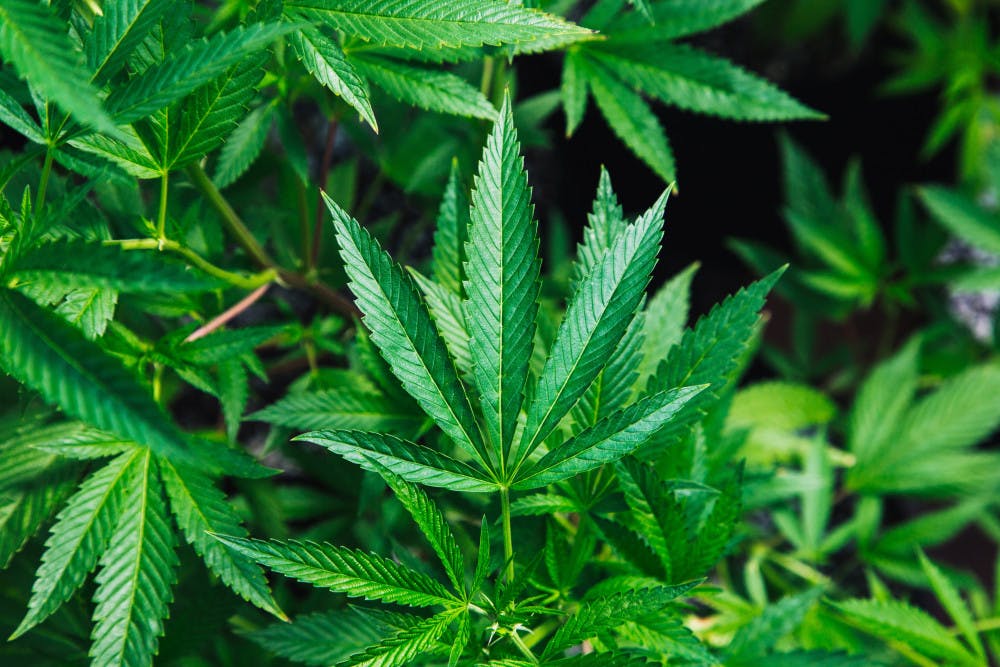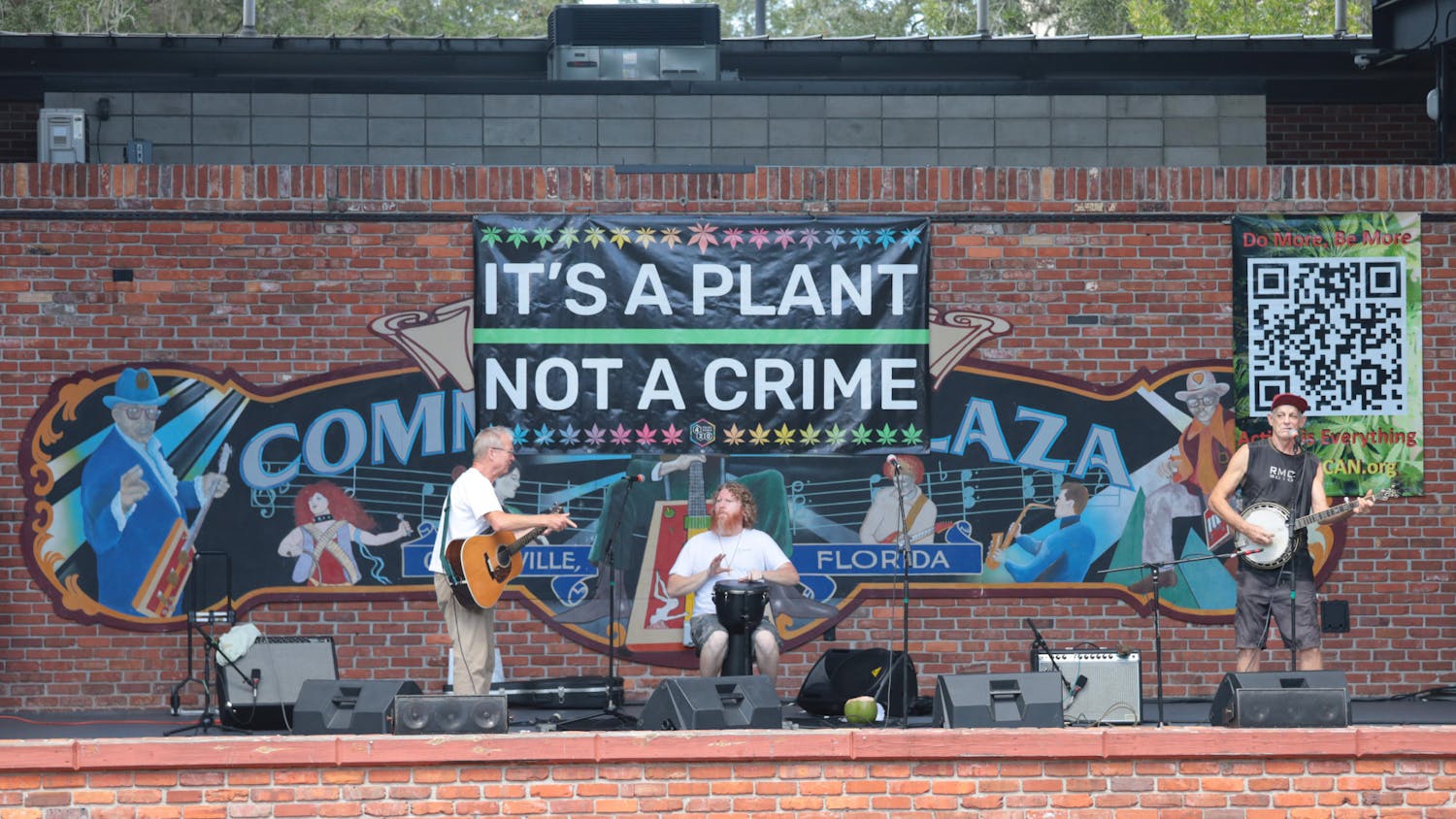The UF Institute of Food and Agricultural Sciences’ Industrial Hemp Pilot Project has proven successful in its research and fostering relationships within the agriculture industry.
The purpose of the hemp pilot project is to see if growing hemp commercially is feasible. It is a two-year project that identifies which hemp varieties and management practices function best in Florida.
Zachary Brym, IFAS assistant professor and project coordinator, said it began research in May and started with seven faculty researchers and three sites. The project grew to 30 faculty members and 14 permits for research locations.
“The program has grown larger and faster than I imagined,” he said. “It’s really great to have a strong team and the support of the IFAS Research, Extension and the Agronomy Department.”
The state of Florida does not provide funding for this hemp pilot project, said Ruth Borger, assistant vice president of communications for IFAS. Instead, they rely heavily on industry support.
One of those supporters is Green Roads, a south Florida seller of hemp products. Tory Moore, UF public relations specialist, said that Green Roads provided $1.3 million to kickstart the project, and the Florida Industrial Hemp Endowment Fund allowed IFAS to further extend their research. Borger said other sponsors had donations combined to $200,000.
Commercial hemp farming is currently not legal in Florida. Currently, only IFAS and Florida A&M University have permits.
Brym said the relationships formed by the project are critical for success.
“At the time we got started, there were not state or federal dollars to fund the research. We are very thankful for our research sponsors,” he said. “Looking forward to 2020, we can begin partnered research where we can engage more directly with the industry to establish shared goals and outcomes that would be directly applicable to the cultivation and processing of hemp.”
In addition to providing research funding, some sponsors have made outreach events and workshops possible.
These workshops invite local producers and the general public to the hemp sites in Gainesville, Homestead and Apopka. The morning workshop showcases a summary of the research efforts and the results, including hemp cultivation, variety trials and invasion risk assessment and provides the opportunity to tour the site in the afternoon.
“Any place where we’ve had an active facility, we’ve had a field day or workshop,” Borger said.
Borger said the sponsors have not only provided financial support, but have also given plant material and equipment or helped write a workshop. She said she is thankful for the sponsorships.
“Being a partner in this program is a very serious endeavor,” she said. “UF/IFAS has a long, long history with very successful partnerships.”
Contact Katelynn Joyner at kjoyner@alligator.org. Follow her on Twitter @katelynn_joyner.
Photo by Rick Proctor on Unsplash






